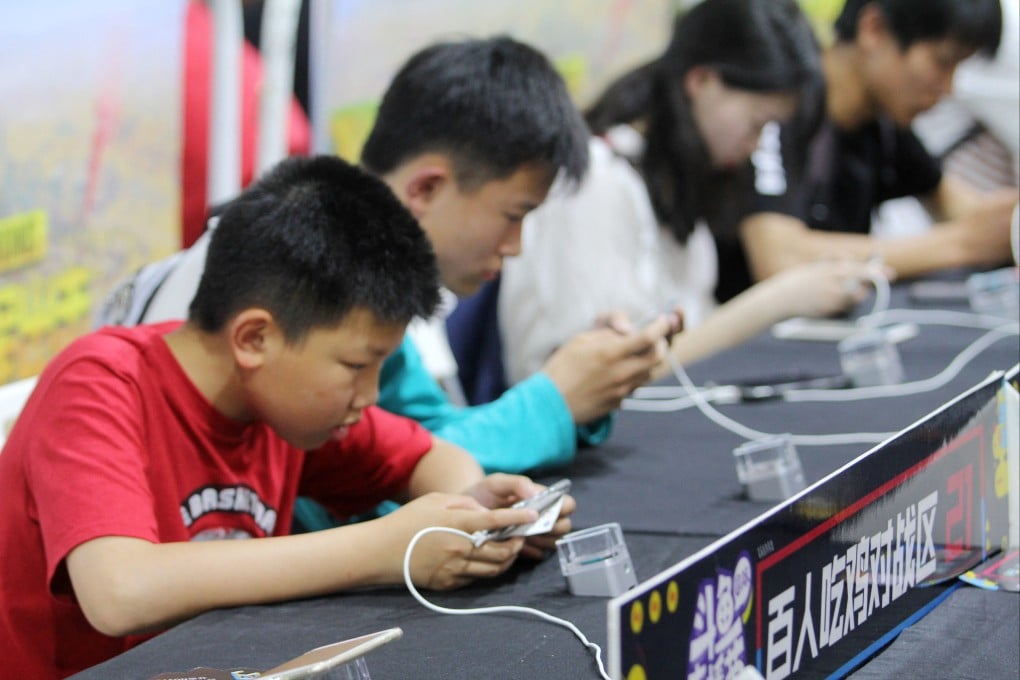Advertisement
Beijing approves 105 video games in July, including new Tencent, miHoYo titles
- The National Press and Publication Administration granted licences to Tencent’s Arena Breakout: Infinite and miHoYo’s Xingbu Gudi, about which little is known.
Reading Time:2 minutes
Why you can trust SCMP
0

Iris Dengin Shenzhen
China’s publication authority approved a batch of 105 video game licences for July, which includes titles from industry leaders Tencent Holdings and miHoYo.
Arena Breakout: Infinite, a first-person shooter PC game by Tencent, was among the new batch approved by the National Press and Publication Administration (NPPA) to launch in the mainland market, according to a list released on the regulator’s website on Monday.
MiHoYo, the Shanghai-based developer of the hit mobile game Genshin Impact, received approval to launch Xingbu Gudi, meaning roughly “star valley” in English, on both mobile and PC. The company has yet to release details about the game.
Beijing has recently been maintaining an approval rate for new games at about 100 per month. It approved 104 titles last month, 96 in May and 95 in April.
The NPPA has licensed a total of 733 domestic titles in the first seven months of the year, compared with 609 in the same period last year.
The faster pace of approvals reflects a gradual recovery of China’s video gaming industry, which saw first-quarter revenue rise 7.6 per cent year on year to 72.6 billion yuan (US$10 billion), according to data by market intelligence company CNG. Revenue dipped 0.3 per cent in April.
New games launched by industry leaders including Tencent have delivered strong performances in the domestic market. Tencent’s new hit title Dungeon & Fighter (DnF) Mobile has raked in US$270 million from Apple’s App Store in China since its May 21 launch, according to data provided by app intelligence firm Sensor Tower.
Advertisement
